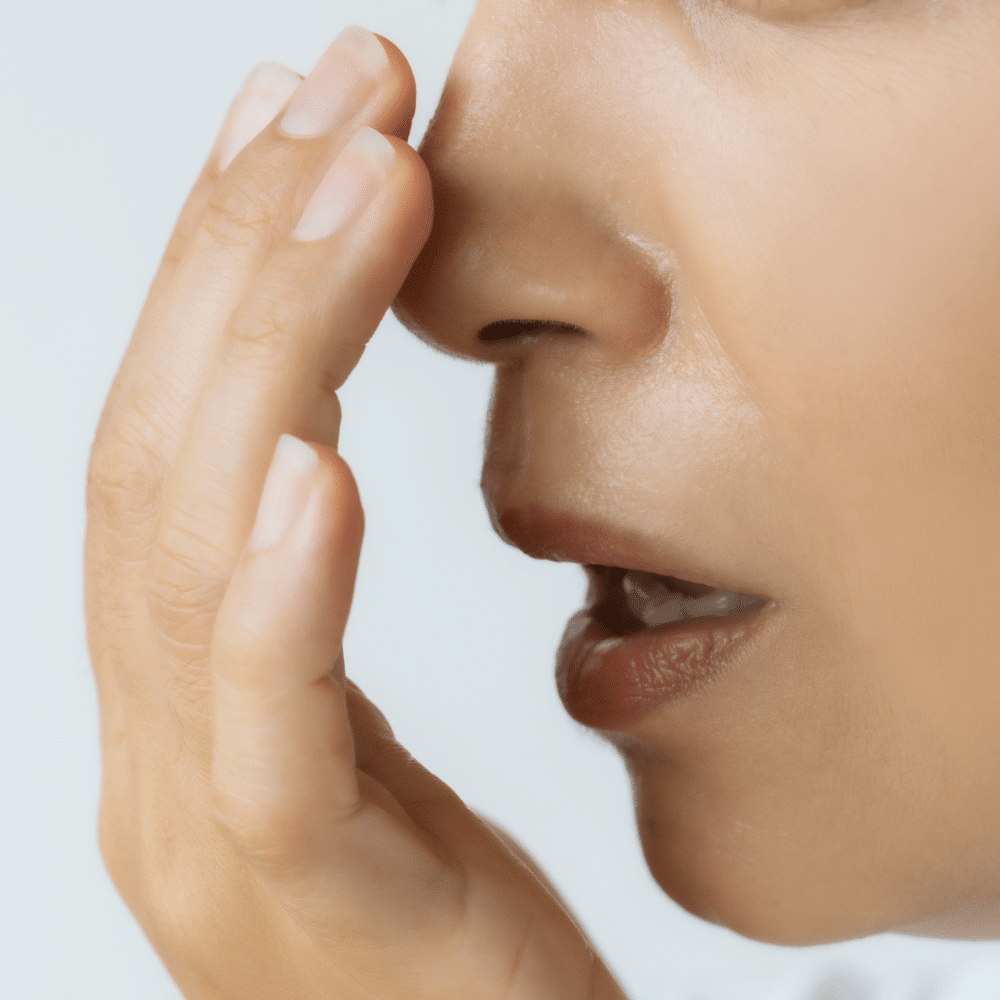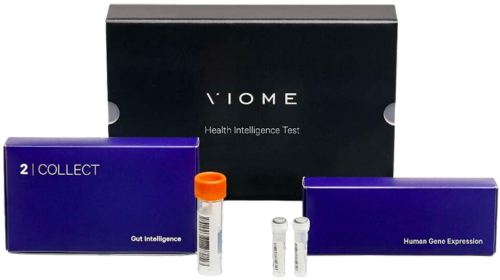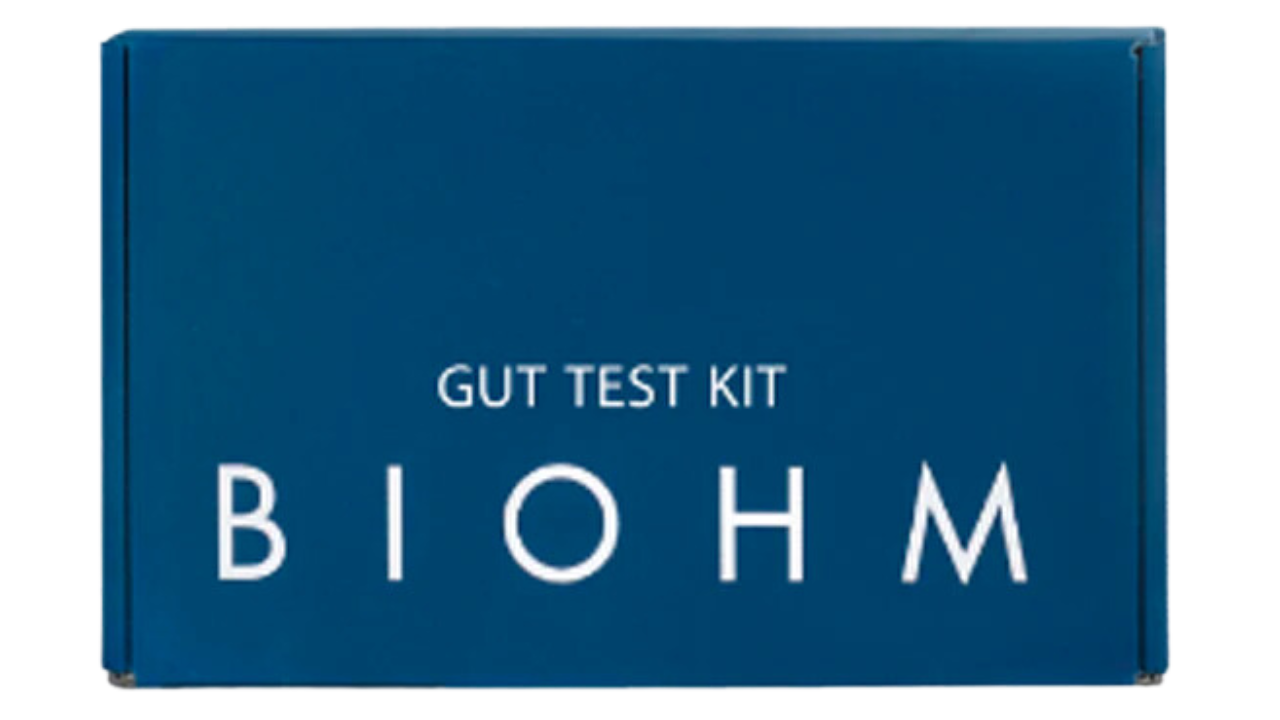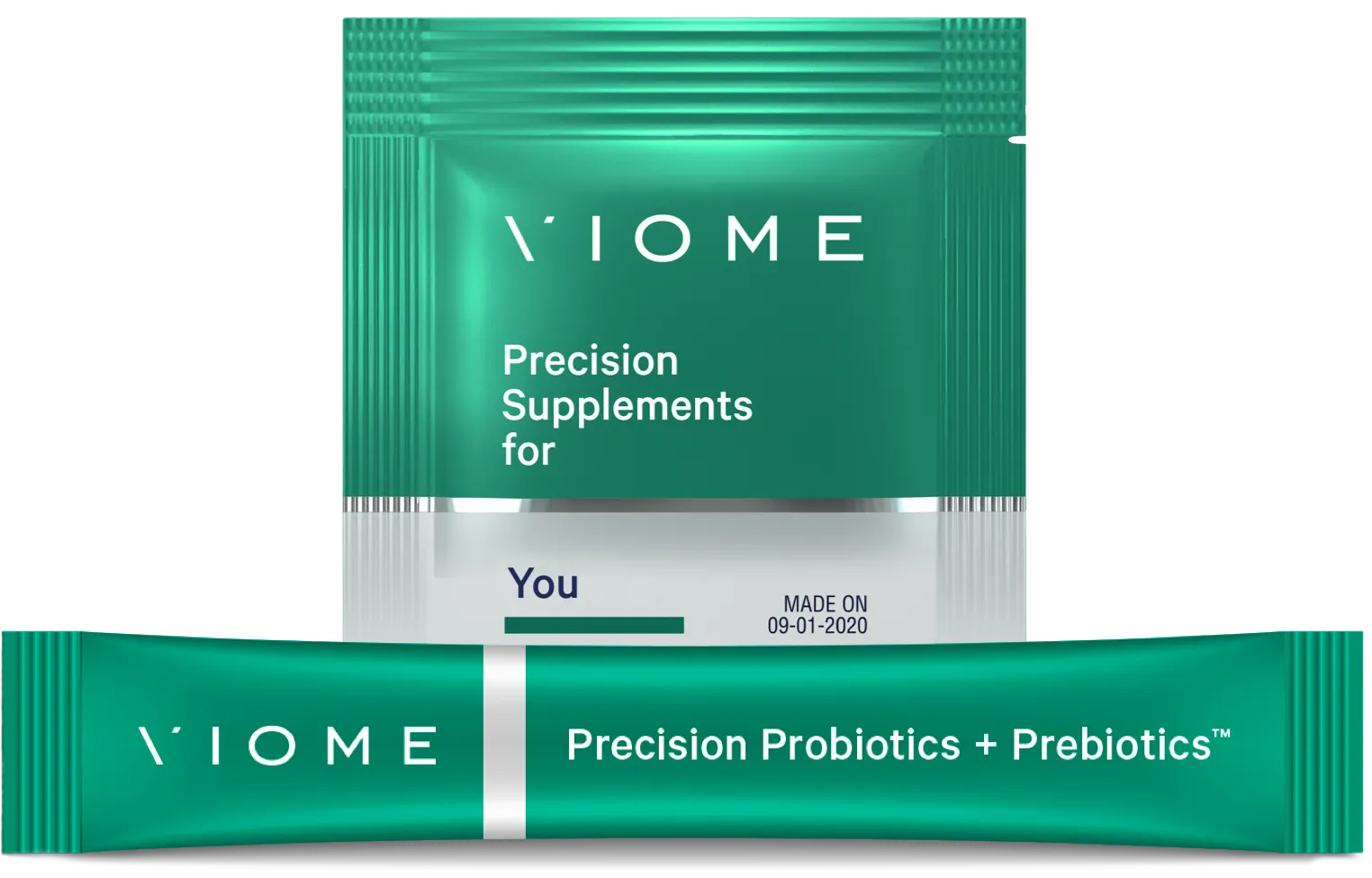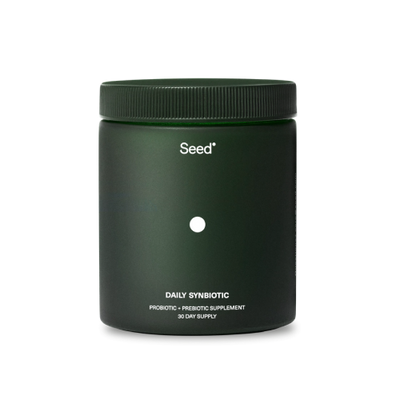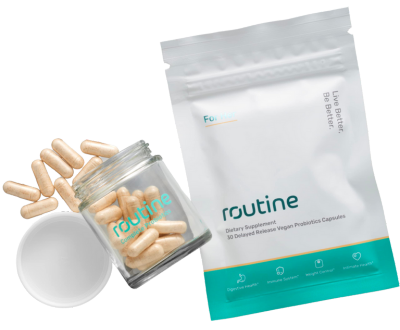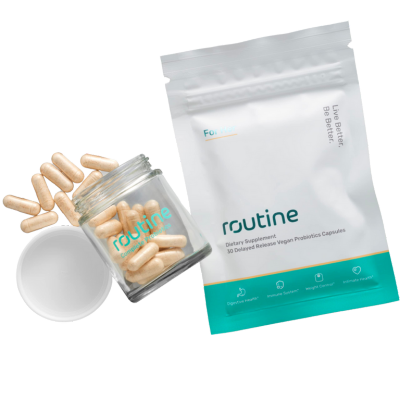Are you experiencing Bad Taste?
Uncover the Root Causes and Find Relief
The gut microbiome refers to the community of microorganisms that reside in our digestive tract. These microorganisms, including bacteria, fungi, and viruses, have a profound impact on our health. Interestingly, recent research has shown that the gut microbiome also influences our sense of taste [1,2]. The microorganisms in our gut produce various compounds that can interact with our taste receptors, affecting how we perceive different flavors.
When the balance of our gut microbiome is disrupted, it can lead to an alteration in taste perception [3]. This disruption can occur due to factors such as an unhealthy diet, stress, antibiotic use, or certain medical conditions. The changes in the gut microbiome can make certain foods taste more sour or bitter than they actually are, leading to an unpleasant taste in the mouth.

What is Bad Taste?
When the balance of our gut microbiome is disrupted, it can lead to an alteration in taste perception [3].

Common Symptoms
- Sour/Bitter Taste
- Metallic Taste
- Distorted Sense of Taste

Common Causes
- Acid reflux
- Poor Oral Hygiene
- Medications
- Hormone Changes
- Underlying Medical Conditions
How to Manage Bad Taste
Microbiome testing
If you’re experiencing bad taste, try gut-health testing to determine the root cause.
Managing Stress
Chronic stress can negatively impact gut health. Practice stress-management techniques, such as meditation, deep breathing exercises, or engaging in hobbies, to reduce stress levels and support a healthy gut.
Eating a healthy diet
Include plenty of fiber-rich foods, such as fruits, vegetables, whole grains, and legumes, in your diet. These foods promote a healthy gut environment and provide essential nutrients for optimal taste perception.
Exercising Regularly
Physical activity not only benefits your overall health but also promotes a healthy gut. Aim for at least 30 minutes of moderate-intensity exercise most days of the week.
Taking probiotics
New research suggests that probiotics may be a great option for occasional bouts of acid reflux or more prolonged gastroesophageal reflux disease (GERD) [1].
Remedies for Bad Taste
Oil Pulling
Swishing a tablespoon of coconut or sesame oil in your mouth for about 15 minutes can help remove toxins and bacteria that contribute to a bitter taste.
Baking Soda Rinse
Mix half a teaspoon of baking soda with a cup of water and use it as a mouth rinse. Baking soda can help neutralize acidity and freshen your breath.
Herbal Tea
Sip on herbal teas like chamomile or peppermint, which have soothing properties and can help alleviate a bitter taste.
Watch this video to learn more about indigestion
Fix Your Bad Taste
Maintaining a healthy gut is key to enjoying optimal taste perception and overall well-being. By understanding the connection between gut health and a sour or bitter taste, we can take proactive steps to improve our gut microbiome and reduce a bad taste in the mouth. Incorporating probiotics into our diet, adopting a healthy lifestyle, and seeking professional help when needed are all important aspects of gut health maintenance. Remember, everyone’s gut health journey is unique. Experiment with different strategies, listen to your body, and find what works best for you. By nurturing your gut, you’ll not only enhance your taste experience but also promote better digestion, boost your immune system, and support your overall health and well-being.
However, self-diagnosis and self-medication should be avoided, as they can often lead to more harm than good. If you are experiencing a persistent sour taste or other gut-related issues, it is crucial to seek professional help. They can help identify any underlying medical conditions that may be contributing to the sour taste and develop a personalized plan to improve your gut health and taste perception.
Sources
[1] Leung, R., & Covasa, M. (2021). Do Gut Microbes Taste?. Nutrients, 13(8), 2581. https://doi.org/10.3390/nu13082581
[2] Egan, J. M., & Margolskee, R. F. (2008). Taste cells of the gut and gastrointestinal chemosensation. Molecular interventions, 8(2), 78–81. https://doi.org/10.1124/mi.8.2.5
[3] Turner, A., Veysey, M., Keely, S., Scarlett, C., Lucock, M., & Beckett, E. L. (2018). Interactions between Bitter Taste, Diet and Dysbiosis: Consequences for Appetite and Obesity. Nutrients, 10(10), 1336. https://doi.org/10.3390/nu10101336
[4] Hata, H., Ota, Y., Uesaka, K. et al. (2022). Oral adverse events due to zinc deficiency after pancreaticoduodenectomy requiring continuous intravenous zinc supplementation: a case report and literature review. BMC Oral Health 22, 52 https://doi.org/10.1186/s12903-022-02088-3
[5] Menghi, L., Cliceri, D, et. al., (2023). Variations in oral responsiveness associate with specific signatures in the gut microbiota and modulate dietary habits. Food Quality and Preference, 106, 104790. https://doi.org/10.1016/j.foodqual.2022.104790
https://health.clevelandclinic.org/sour-taste-in-your-mouth-here-are-the-7-most-common-causes/
https://www.medicalnewstoday.com/articles/321175#causes
https://www.verywellhealth.com/what-causes-sour-taste-in-the-mouth-1742994
https://www.healthline.com/health/bitter-taste-in-mouth
https://badgut.org/information-centre/a-z-digestive-topics/our-other-taste-buds/
https://guthealthimprovement.com/can-probiotics-change-your-taste-buds/
https://www.stylecraze.com/articles/bad-taste-in-mouth-symptoms/
https://www.eatingwell.com/article/2059033/best-and-worst-foods-to-eat-for-gut-health/

